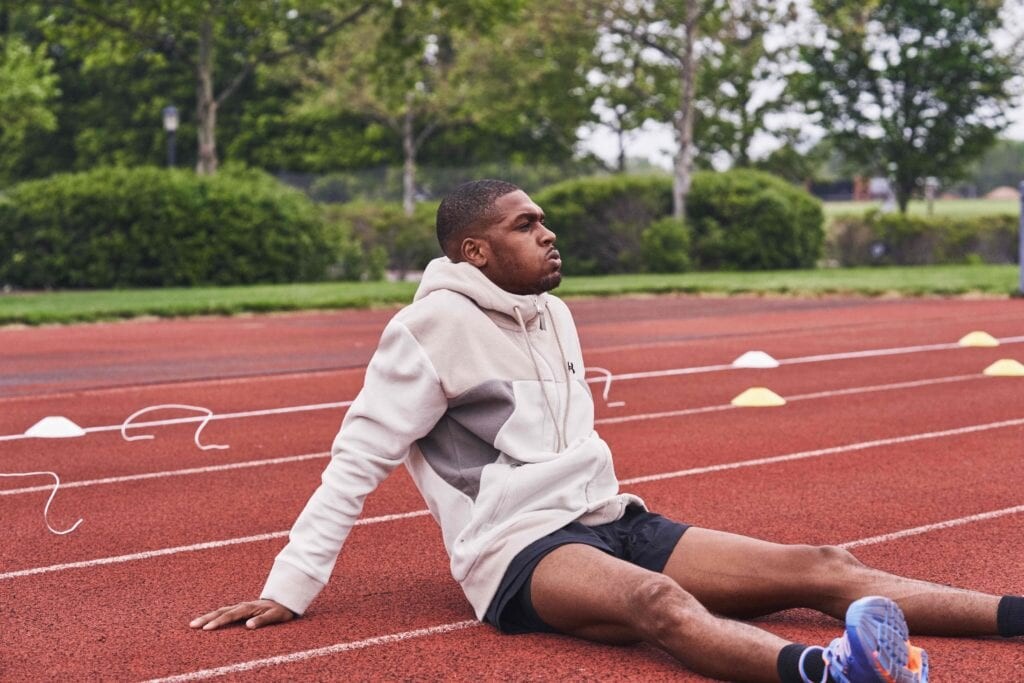Running News Daily
Running News Daily is edited by Bob Anderson. Send your news items to bob@mybestruns.com Advertising opportunities available. Train the Kenyan Way at KATA Kenya and Portugal owned and operated by Bob Anderson. Be sure to catch our movie A Long Run the movie KATA Running Camps and KATA Potato Farms - 31 now open in Kenya! https://kata.ke/
Index to Daily Posts · Sign Up For Updates · Run The World Feed
Boost recovery quickly by focusing on two things
Recovering quickly and well after hard workouts and long runs is a key part of building strength and power over a season, and (hopefully) nailing some goals along the way. While there are a wide variety of tools out there that claim to help runners recover quickly and with little effort, the two key ingredients that coaches (and science) widely agree on are free and underutilized: sleep and calories.
Focus on these two things, and you’ll notice your ability to recover improve, without purchasing a single fancy gadget or embarking on any early-morning cold plunges.
Get more (and better) sleep

Coach and author of Training Essentials for Ultrarunning Jason Koop shares that the “effect that high-quality sleep has on your immune system and your ability to recover (or not) is quite astounding.” Studies have suggested that proper sleep can reduce the chance of injury in adolescent elite athletes at approximately the same rate as strength training.
Not only will quality sleep help you rebound from workouts, but it will also help you function better during your daily life, and is constantly being credited with contributing to a wide variety of health benefits, including longevity.
Get started today

Work on optimizing four factors in your bedroom: calm, cool, dark and quiet. Koop suggests minimizing clutter (that includes televisions and screens of any type), keeping your room at an ideal range of 15.5 C to 19.5 C (60–67 F), and minimizing light and sound in your room.
“Light (and the absence thereof) has the biggest effect on telling your body when it is time to sleep and time to be awake,” he writes. Blackout curtains and covering objects with power lights are good options to assist with this.
Consume enough energy to support your activity level
“If sleep is the gold standard for recovery, energy balance is next in order of priority,” says Koop. Regardless of the specific foods you are eating, you will simply not improve as a runner unless you are consuming enough calories to support your daily activities, as well as your training.
In a society that seems fixated on appearances, this can be a challenge, and men and women pro athletes have spoken candidly about their challenges with disordered body image and disordered eating.
“If you are losing weight because you are not sufficiently supporting your training workload with calories and nutrients, you will lose both fat and lean muscle mass,” explains Koop. “Athletes who are too lean cannot train as effectively, because they cannot recover from hard efforts as quickly.”
Get started today
Working with a registered dietitian can be helpful if you aren’t sure where to start–and if that’s not accessible for you, there’s a gamut of science-backed nutritional info out there. Make sure you’re tapping into quality information: both Dr. Stacy Sims and Pamela Nisevich Bide are both well known for helping athletes excel at the nutritional components of their training, and have helpful books and websites to delve into.
Educating yourself as much as possible on nutrition and focusing on food as fuel can be a great jumping-off point. Remember that your body needs a great deal of energy on recovery days. You may feel like you’re actively doing less, but behind the scenes your body is repairing tissue damage and building strength for your run.
by Keeley Milne
Login to leave a comment




